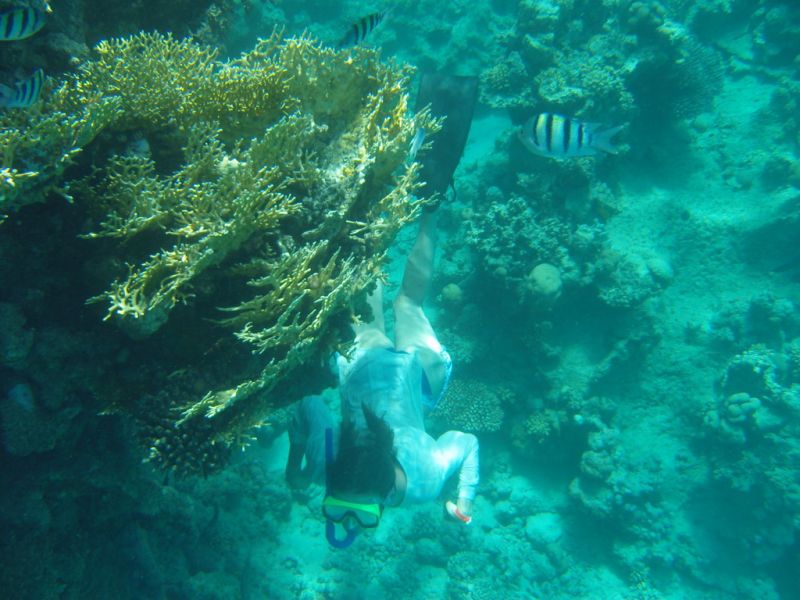Divorce in Italian, French, Turkish …
 I am a supporter of positive thinking.
I am a supporter of positive thinking.
However, by popular demand, I decided to “highlight” this topic.
There are two polar opinions about cheating tourists:
1) All of them are “bad people.” They want to cash in on visitors (and not necessarily foreigners).
2) It’s my fault.
I am categorically against such a division! The truth, as always, is somewhere in between.
Let’s see together where the “dog rummaged.”
GO!
There are three categories of situations in which travelers run the risk of parting with a certain amount of money.
1) Different views on the same life situations for “them” and “us”.
2) Not understanding each other. Even relatives do not always understand each other.
3) Deception of pure water. Unfortunately, “they” do not always learn the best from “ours”. In half the cases, behind such “tricks” are “ours”.
In these cases, call the police immediately. Or at least threaten to call.
The first commandment of a tourist (and not only in a foreign country) “Freebies do not exist”, “Free cheese …”.
Continue for yourself, you know our folklore better than me.
The anecdote that in Egypt, for getting down from a camel, the owner is asking for a much higher price than for riding on a “desert ship”, in fact – not a joke, but a real prose of life.
At hotels, as a rule, this is not a sin, but on excursions – easily.
Negotiate the price in advance!
Those who believe that there is nothing to fear in civilized Europe will be greatly disappointed.
An unpleasant surprise awaits tourists near the holy of holies for each traveler – a currency exchange.
European exchanges do not sell, they buy currency, like ours, but EXCHANGE., For this they take the commission%. . And the main nuisance is that the amount of the commission (which, by the way, can reach up to 30% of the exchanged amount!) Is not indicated anywhere.
To avoid “misunderstandings”, I advise you before you give money, ask how much you get on hand.
Near the European “exchanges” street money changers are on duty – just like we have in the good old days.
If you have a lot of extra money, and it is very difficult to carry it with you, you can use their services.
Many misunderstandings arise due to ignorance of customs. This is especially true of Muslim countries, primarily Egypt and Turkey.
I would single out several stages of the seller-buyer relationship (seller of a product or service):
1) We pay attention to the product ourselves, or by various tricks we draw our attention to it.
2) There is a proposal to come closer, get to know the product or the owner.
At this stage, you can still safely leave, thanking the seller in advance. But if you are interested in something, it remains only to determine how much you are ready to buy it!
3) A price is assigned. This is more a topic of conversation than cost.
4) Bargaining. In the East, if you don’t bargain, you’ll hurt your interlocutor hard.
5) Transfer of all that the seller owes. Goods, change, certificate (if required).
6) Transfer payment. After the moment when you extended the money, the seller already owes you nothing! Getting IM from YOU should be the final step!
7) Farewell.
There are exceptions to the rules. This is a purchase from your tour operator of excursions (here money is in advance). They “Know Ours.”
Egyptian taxi drivers are known to be professional liars.
Travelers with experience give a list of tips on how to behave in a taxi:
– require the taxi driver to turn on the counter;
– if there is no meter, agree on a price in advance;
– do not give money until the end of the trip;
– before giving money, get out of a taxi;
– if the change is due, it must be received before handing the money to the taxi driver (no matter how paradoxical this may sound);
– Do not change the taxi driver money (large to small and vice versa);
– Do not succumb to blackmail if the taxi driver claims to have agreed to carry you not for $ 5, but for $ 50;
– Do not be shy about threatening the police.
Everything can be “souvenir” in tourist places: precious and semiprecious stones, jewelry, basalt souvenirs, perfumes and even papyrus!
Someone considers this product a fake, but these are souvenirs. Why do people need souvenirs ?:
– Refresh your trip memories.
– A sign of attention to friends and relatives.
– “Food” for envious people, if God forbid, you have one.
There are two main requirements for souvenirs:
– Recognition of the sights.
– Cheapness. Average price within 10 $
Hence the conclusion: do not look in souvenir shops for artworks or antiques. And also gold, precious stones …
All this is bought in specialized stores, and for completely different money.
Travel checks.
If you get in touch with travel checks, you need to buy them only for presentation at the embassy, and upon returning the documents again exchange them in our bank for money. There they will take about 2% of the amount for the reverse exchange and, thus, the loss will be only about 4% of the amount. In Italy, everything will come out much more expensive – it will result in a loss of precious time and money. And at the border, the customs officers do not care if the tourist presents them with traveler’s checks or cash.



